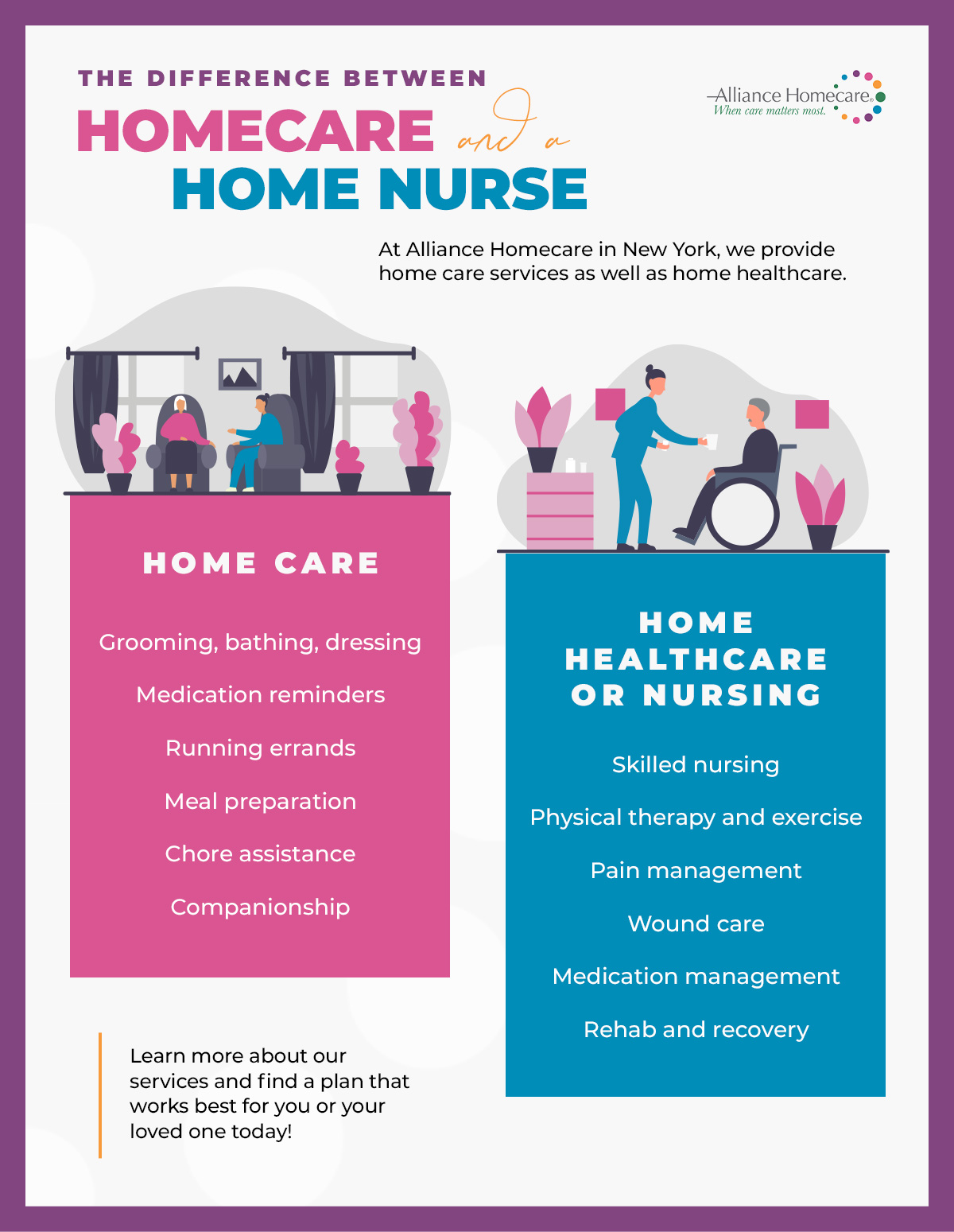Support at home plans: How to align services with your personal NDIS goals
Support at home plans: How to align services with your personal NDIS goals
Blog Article
All Regarding Home Care Providers for Individuals With Disabilities: NDIS Registered Assistance
Home treatment services under the NDIS play a crucial role in supporting individuals with specials needs. These services are designed to boost day-to-day living with customized help, varying from personal care to mobility support. Recognizing exactly how to navigate these choices can be intricate. This overview explores the different facets of NDIS home treatment, from available services to the choice of suppliers, highlighting important factors to consider for those looking for support. The trip towards encouraged treatment begins right here.
Understanding the NDIS and Its Function
The National Handicap Insurance Scheme (NDIS) offers as a transformative structure designed to offer assistance and solutions for people with disabilities. Established to improve the lifestyle and guarantee equitable access to necessary sources, the NDIS encourages individuals by providing personalized plans customized to their distinct requirements. It intends to promote independence, allowing individuals to seek their individual goals and aspirations.Through an organized approach, the NDIS assigns funding for various supports, including education and learning, employment support, and area participation. This all-encompassing plan not just concentrates on instant treatment however additionally emphasizes lasting developing results. By promoting option and control, the NDIS urges individuals to choose their favored company, assuring that care aligns with their worths and choices. Inevitably, the NDIS represents a considerable commitment to boosting the lives of individuals with impairments, fostering inclusivity, and building a more helpful culture.
Sorts Of Home Treatment Services Available
Different kinds of home treatment services deal with people with specials needs, mostly focusing on personal care aid and reprieve care choices. Personal treatment assistance gives crucial support with daily tasks, while respite treatment uses short-term alleviation for primary caregivers. Understanding these solutions is crucial for making certain the wellness of both people with impairments and their households.
Personal Care Support
While maneuvering daily life can provide obstacles for individuals with impairments, individual treatment aid provides important assistance tailored to their one-of-a-kind needs. This sort of home care solution encompasses a range of activities created to advertise independence and enhance lifestyle. Individual care aides help with everyday jobs such as showering, dressing, grooming, and toileting, making sure people maintain personal health and comfort. They may likewise assist with dish preparation, medication administration, and wheelchair assistance. By giving personalized treatment, these professionals empower individuals to involve more completely in their day-to-day regimens and social tasks. In general, individual treatment aid plays a substantial function in promoting self-respect and freedom for those with disabilities, enabling them to prosper in their home setting.

Break Care Options
Respite treatment functions as an essential source for family members and caregivers of people with specials needs, supplying temporary alleviation from the needs of everyday caregiving. This kind of solution can take numerous types, consisting of at home respite treatment, where experienced experts see the home to assist with treatment tasks. Family members might choose for facility-based reprieve care, where people obtain care in a specific setting, enabling caretakers to take a break. In addition, some organizations supply emergency break solutions for unanticipated conditions. These alternatives not just help reduce caretaker stress but additionally promote the health of individuals with impairments by using them new experiences and social interaction. Generally, reprieve care plays a vital function in supporting both caretakers and those they take care of.

Just How to Gain Access To NDIS Home Care Providers
Accessing NDIS home care solutions includes recognizing the eligibility criteria stated by the National Disability Insurance System. Individuals need to navigate a structured application procedure to safeguard the needed assistance customized to their requirements. This section will clear up both the qualification needs and the actions associated with looking for solutions.
Eligibility Criteria Clarified
To receive NDIS home treatment services, people have to meet details eligibility requirements that examine their demands and conditions. Initially, applicants should be aged in between 7 and 65 years and have a significant and permanent impairment that affects their ability to do everyday tasks. In addition, they need to be an Australian resident, an irreversible homeowner, or hold a Protected Unique Classification Visa. The NDIS calls for proof of the disability, usually through medical analyses or records. People need to show that they require assistance to take part in social and economic life. These requirements guarantee that services are routed towards those that genuinely need assistance, promoting independence and boosted quality of life for individuals with specials needs.
Application Process Actions
Can I Choose My Own Support Employees With NDIS?
The private inquired whether they could select their own assistance workers under the NDIS structure. Usually, individuals have the versatility to select assistance employees, cultivating customized care that lines up with their details requirements and preferences.
What Happens if My Demands Change After Getting Support?
If a person's needs change after receiving assistance, they ought to interact these modifications to their solution provider. Changes can be made to the treatment strategy, making certain that the assistance continues to be efficient and appropriate for their circumstances.

Exist Restricts on How Numerous Hours of Care I Can Get?
The individual asked about prospective limitations on the number of treatment hours obtained. Generally, such limitations might exist based upon particular plans or funding setups, highlighting the relevance of reviewing agreements and guidelines regularly.
Can I Utilize NDIS Financing for Home Adjustments?
The inquiry of using financing for home adjustments emerges regularly. Usually, people may utilize NDIS financing for necessary alterations to their homes, making sure ease of access and safety, set upon conference certain eligibility standards and guidelines.
Exactly how Do I Take care of Complaints Concerning My Home Treatment Solutions?
To deal with issues concerning More Bonuses home treatment services, people ought to first record their concerns. After that, they can interact straight with their company, seeking resolution, or intensify the problem to relevant oversight bodies if necessary. Home treatment services under the NDIS play an essential role in supporting individuals with disabilities. Various kinds of home care solutions provide to individuals with disabilities, largely concentrating on personal care aid and break care options. support at home. Individual care help offers necessary assistance with everyday tasks, while reprieve care offers momentary relief for key caretakers. Households may choose for facility-based break treatment, where people obtain care in a customized atmosphere, permitting caregivers to take a break. Exactly how can family members effectively handle the monetary elements of home treatment services for individuals with disabilities?
Report this page